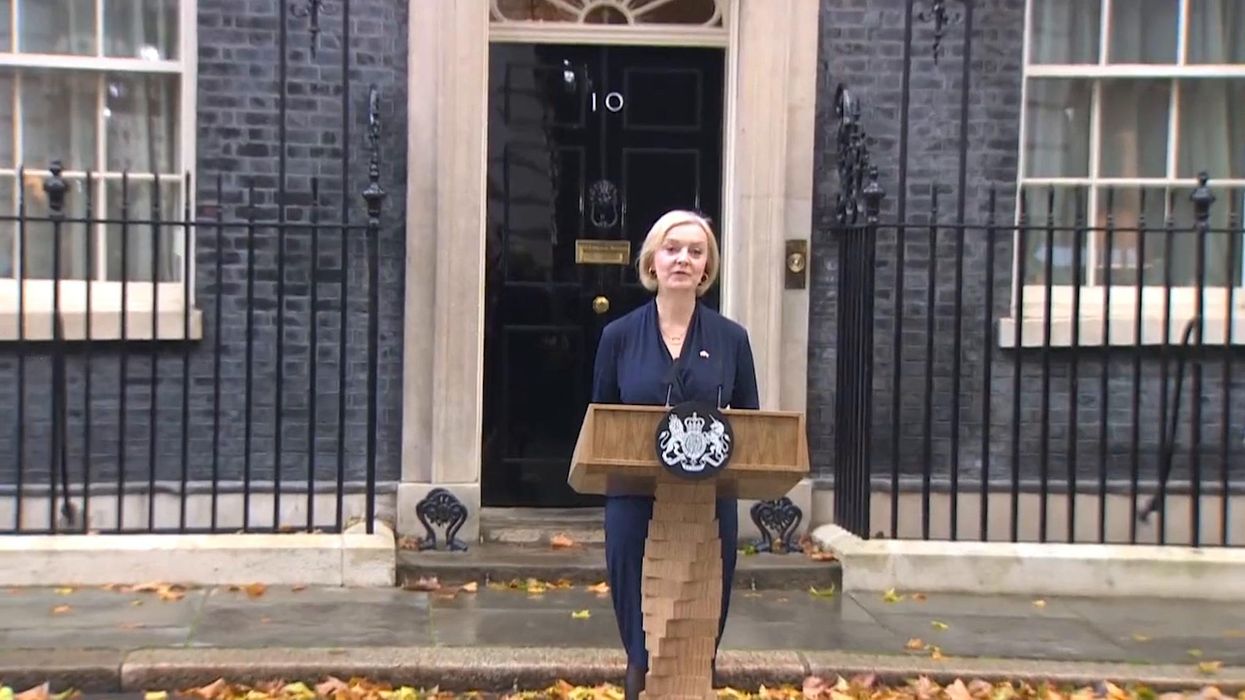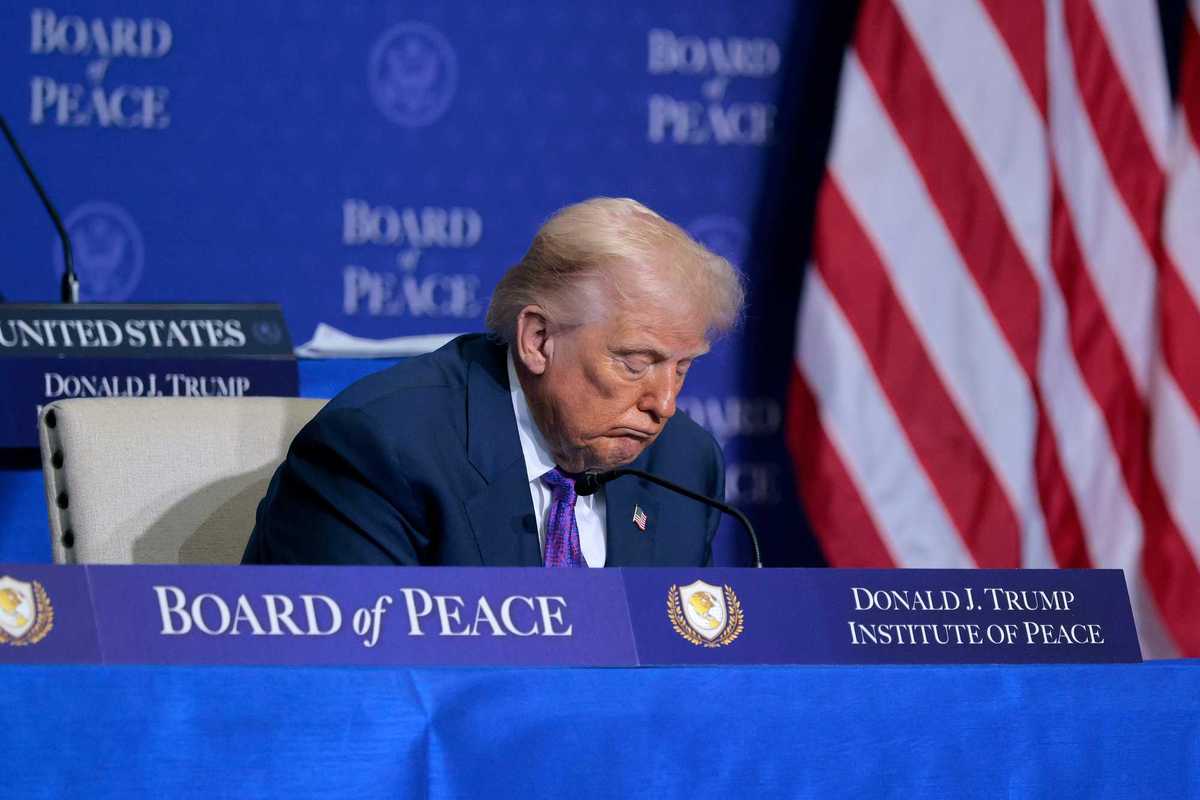Politics
Sinead Butler
Oct 20, 2022
Watch in full: Liz Truss resigns as PM after less than seven …
IndyTV
After just 44 days in the job, Liz Truss's time in office has come to an end, making her the shortest-serving prime minister in British history.
This afternoon (October 20), she gave her resignation speech outside Downing Street where she said could not deliver the mandate on which she was elected.
Truss won the Tory leadership contest on September 5 after beating rival Rishi Sunak to secure the keys to Number 10.
Sign up to our free Indy100 weekly newsletter
She was the fifteenth and final prime minister to be appointed by the Queen who died two days later on September 8, causing government business to be paused for 10 of Truss's 44 days as PM.
During her six-week term as the country's leader, the trouble came when the controversial mini-Budget was announced by her Chancellor Kwasi Kwarteng which resulted in economic chaos.
With the pounding falling to a record low, Truss sacked Kwarteng, replacing him with Jeremy Hunt and U-turned on a number of plans from the mini-Budget.
But this wasn't enough for Tory MPs to have confidence in Truss to continue on as leader and PM, but she will remain in the post until the Tory party have a week-long leadership contest to find their next leader.
As with any departure from the top job, history will look back on the speeches delivered by our former prime ministers so let's see where Johnson's resignation speech ranks in comparison to his predecessors.
Margaret Thatcher - 22 November 1990
Time in office: 11 years, 208 days
Big talking point: Voice-breaking with emotion and tears from Thatcher
Stand-out quote: "We're leaving Downing Street for the last time after eleven-and-a-half wonderful years, and we're very happy that we leave the United Kingdom in a very, very much better state than when we came here eleven and a half years ago."
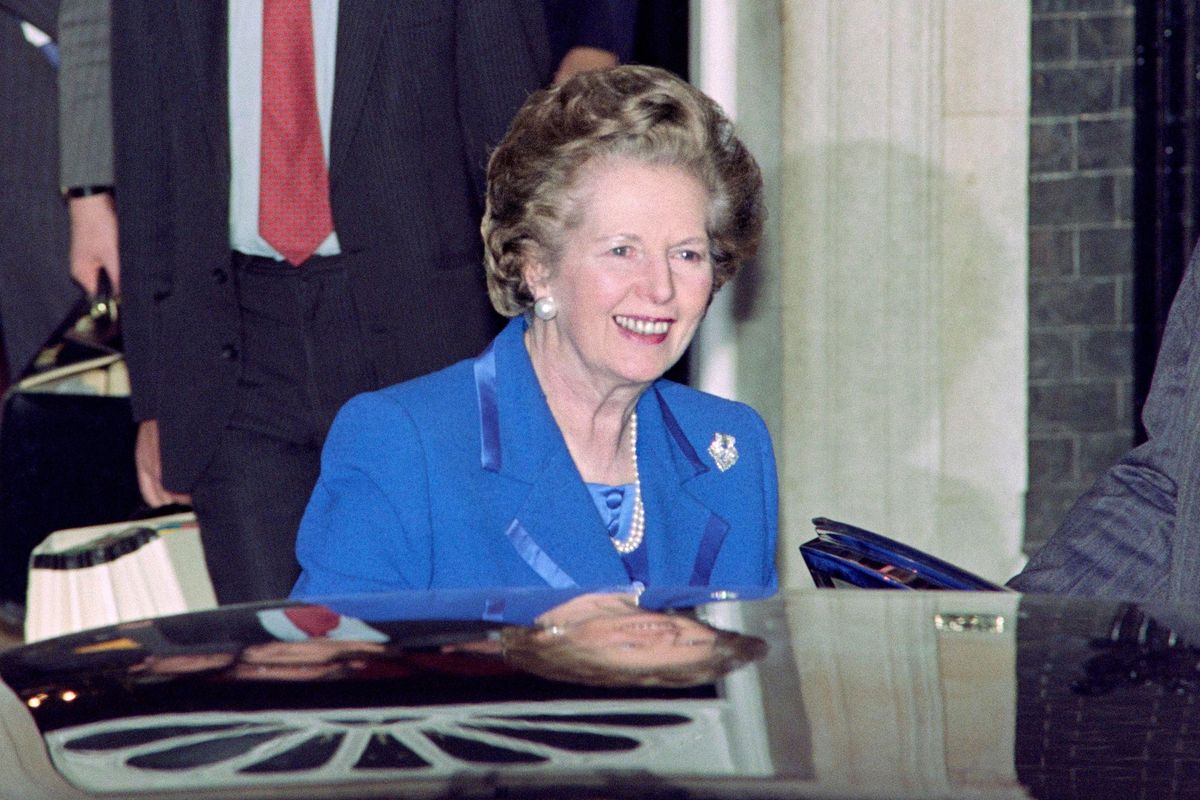
She was the UK's first female prime minister, and after 11 years in the job, Margaret Thatcher resigned on 28 November 1990.
Living up to her name The Irony Lady, Thatcher - like Johnson - was determined to remain in the position saying: "I fight, I fight to win," despite losing the support of her party.
The mercifully short 30-second farewell was brief, where tears were shed as she departed from Downing Street.
"We’re leaving Downing Street for the last time after 11 and a half wonderful years and we’re happy to leave the UK in a very much better state than when we came here," she said in a statement.
Thatcher and her husband Denis then waved as they got to the car to go, with The Mirror's photographer Ken Lennox capturing the rare sight of the former PM in tears as she left.
Given she lost the dramatic fight to stay, the short speech along with the rare glimpse of tears in public signalling an end of an era in British politics, Thatcher's resignation speech tops our ranking - purely for its memorability and the fact that many people still celebrate her demise.
Gordon Brown - 11 May 2010
Time in office: Two years, 319 days.
Big talking point: Moment with wife and kids
Stand-out quote: "And as I leave the second most important job I could ever hold, I cherish even more the first – as a husband and father."
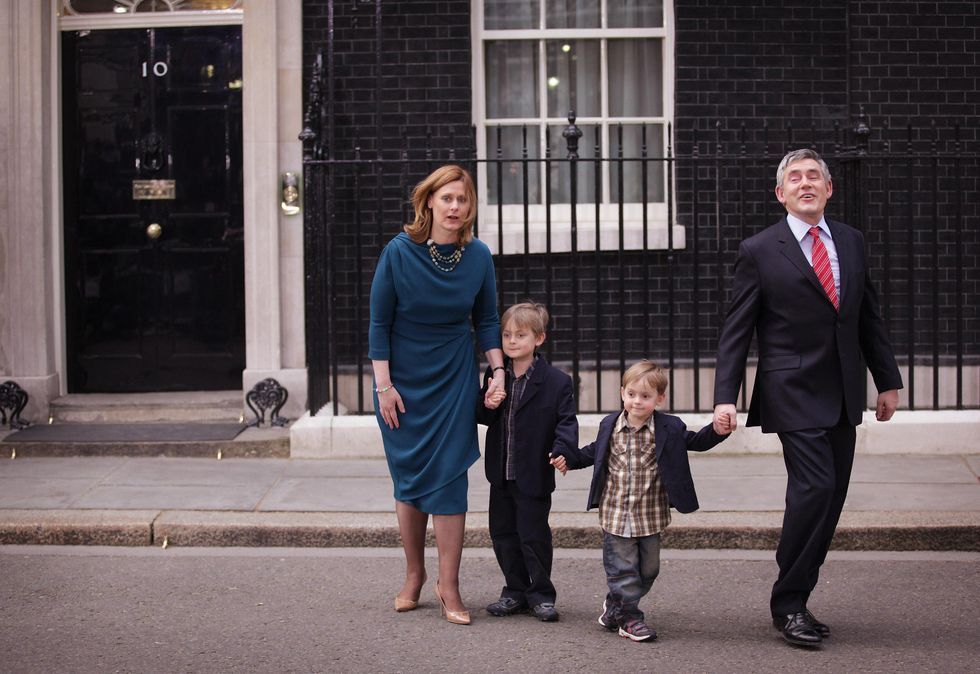
Gordon Brown resigned as prime minister after Labour's majority dwindled in the 2010 General Election where they lost 91 seats, causing a hung parliament which resulted in the Tory coalition government with the Liberal Democrats.
Speaking outside Number 10 with his wife Sarah by his side, Brown shared well wishes to his successor: "I wish the next prime minister well as he makes the important choices for the future."
He also noted how it was a "privilege to serve," and added he loved the job "not for its prestige, its titles and its ceremony - which I do not love at all," but instead for its "potential to make this country I love fairer."
Brown then ended his speech on an emotional note by paying tribute to his family: "I leave the second most important job I could ever hold, I cherish even more the first – as a husband and father."
Afterwards, Brown left Downing Street hand in hand with his wife and two children James and John as they received a round of applause bringing an end to Labour's time in government.
For this sweet family moment and love for the job, Brown's resignation comes second.
Theresa May - 24 May 2019
Time in office: Three years, 12 days
Big talking point: Tearful end to speech
Stand-out quote: "I will shortly leave the job that it has been the honour of my life to hold – the second female Prime Minister but certainly not the last."
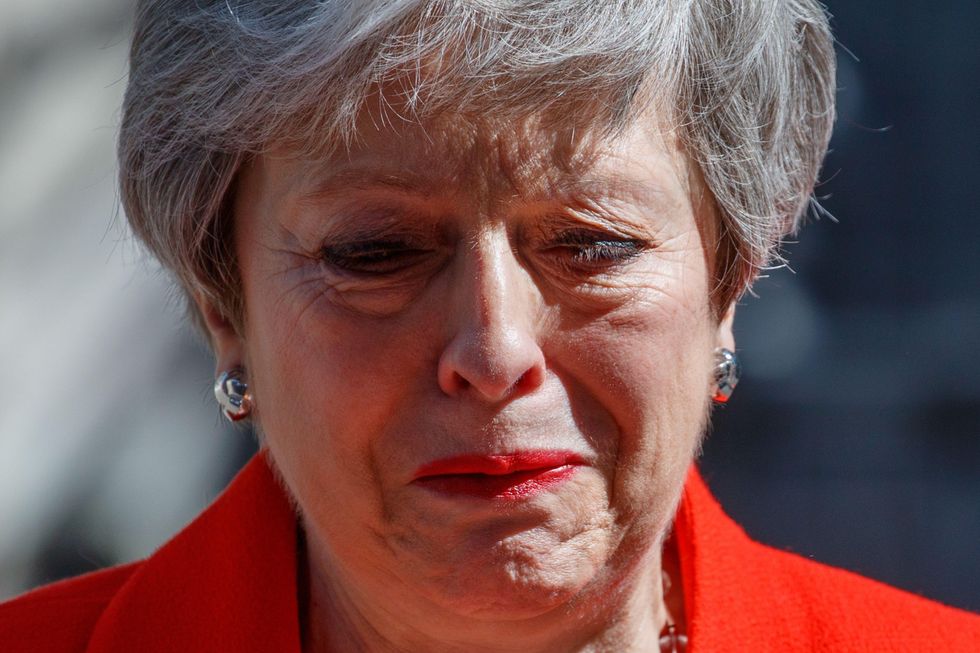
Much like Johnson, Theresa May lost the faith of her MPs went she stepped down as prime minister in 2019, having just survived a no-confidence vote months earlier.
In her speech, May spoke of the struggle in getting her Brexit deal through Parliament which was ultimately defeated on three occasions and spoke of the importance of compromise.
Tackling the deficit, increasing employment and improving mental health funding were achievements May highlighted during her three years as PM.
Appearing emotional as she spoke at the lectern, May described leading the country as Britain’s second female prime minister as "the honour of my life."
In the end, there were no Maybot moves from the tearful outgoing PM, who choked up as she closed her speech saying she is departing from Number 10 with "enormous and enduring gratitude to have had the opportunity to serve the country I love."
Having to try and secure a Brexit deal as a Remainer, along with getting emotionally choked up puts May in third.
Tony Blair - 10 May 2007
Time in office: 10 years, 56 days.
Big talking point: His apologies for "the times I have fallen short,"
Stand-out quote: "Expectations were so high. Too high. Too high in a way for either of us."
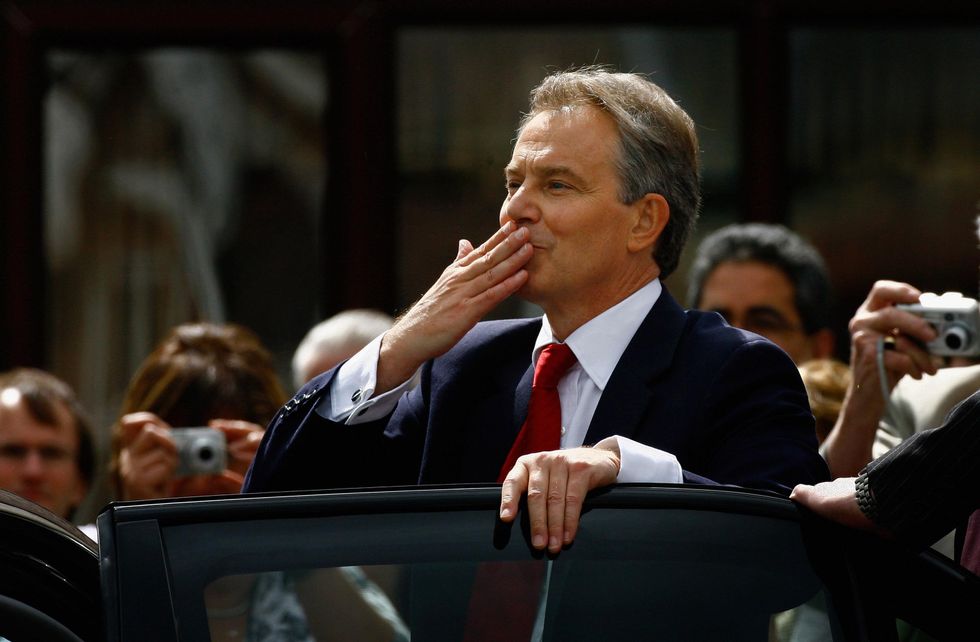
While the previous PM resignation speeches we've covered have taken place outside of Number 10, Tony Blair opted for the venue where it all began.
Trimdon Labour Club in Sedgefield was the place Blair launched his leadership campaign back in 1994 and also set the scene for his prime ministerial goodbye.
After a decade in office, Blair gave a 17-minute long impassioned speech where he said the judgement on his premiership is "for you, the people to make," and added that expectations were "too high, probably."
Blair's time in Downing Street certainly had some "bitterly controversial" moments, most notably his decision to invade Iraq in 2003 told the public “Hand on heart, I did what I thought was right. I may have been wrong – that’s your call.”
Unlike Johnson, Blair did conclude with an apology for "the times I have fallen short," however, he wasn't exactly specific in his regrets.
Coming full circle by announcing his resignation at the same place he made his leadership victory speech years earlier, along with giving what is perhaps the longest resignation speech ranks Blair in fourth place.
David Cameron - 24 June 2016
Time in office: Six years, 64 days
Big talking point: Mic picked up him humming as he walked off (when he announced his departure date after he gave his full resignation speech)
Stand-out quote: "Now the decision has been made to leave [the EU], we need to find the best way and I will do everything I can to help."
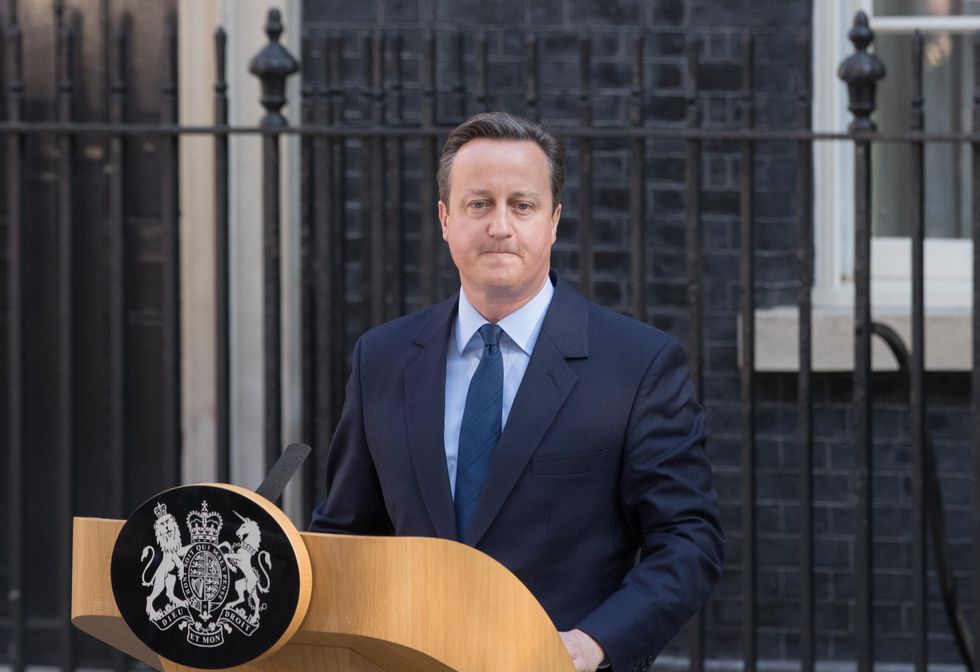
After the British public voted to leave the EU in the 2016 referendum, the writing was on the wall for prime minister David Cameron who campaigned to remain when he decided to bring his six-year tenure to an end.
He added that the referendum was "not the future of any single politician including myself," and added: "British people have made a very clear decision to take a different path."
While Johnson wanted to remain prime minister, Cameron believed he should step down because "the country requires fresh leadership to take it in this direction."
Cameron outlined that the new Tory leader and PM would be in place by the start of the Conservative Party conference in October and said: "I love this country and I feel honoured to have served it and I will do everything I can in future to help this great country succeed."
Though it is perhaps what came after Cameron's resignation that people will remember when Cameron announced his departure date as Theresa May was named as the next PM.
After he gave the news, Cameron certainly sounded in good spirits as a hot mic moment picked up him humming a "little sorrowful tune" to himself as he entered Number 10.
As the humming made as much news as his resignation, Cameron comes fifth in our ranking.
John Major - 2 May 1997
Time in office: 6 years, 155 days
Big talking point: Worst election defeat for the Conservative in the 20th century
Stand-out quote: "When the curtain falls, it's time to get off the stage - and that's what I propose to do."
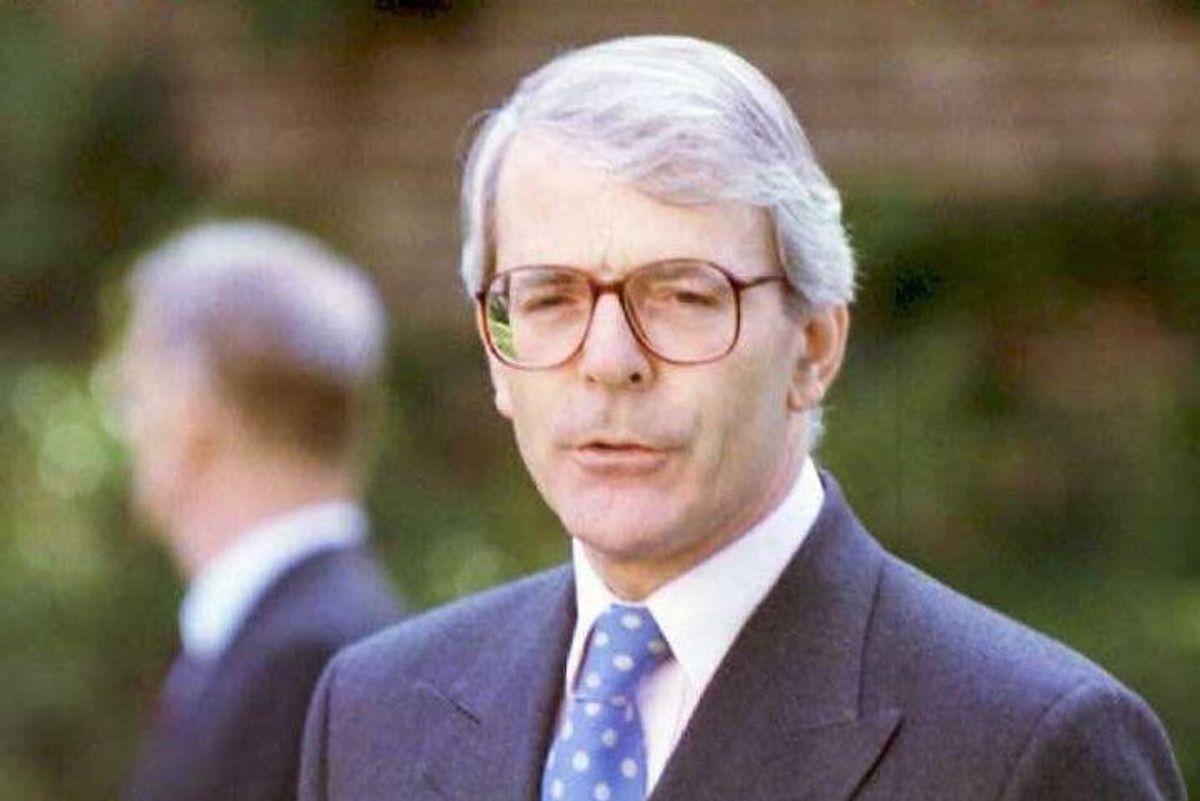
After the 1997 general election, the Tories' 17-year tenure in government came to an end after Labour won a 179-seat majority causing Conservative prime minister John Major to resign.
Major spoke of a "booming economy," low inflation rates, and a fall in unemployment, noting "the country is in far better shape than it was when I entered Downing Street."
He also reflected that his time as leader would soon be over with a successor to take his place, "When the curtain falls it is time to get off the stage and that is what I propose to do."
Drawing his speech to a close, Major explained how he had an appointment with The Queen to hand in his resignation - and also didn't want to miss out on any cricket action either.
"I hope that Norma and I will be able, with the children, to get to The Oval in time for lunch and for some cricket this afternoon," he said.
For knowing when it's your time to hit the road and him also admitting he wanted to catch the cricket, Major's resignation wasn't the worst of the bunch.
Liz Truss - October 20 2022
Time in office: 44 days
Big talking point: Truss is the shortest-serving Prime Minister in British history.
Stand-out quote: "I recognise, though, given the situation, I cannot deliver the mandate on which I was elected by the Conservative Party.
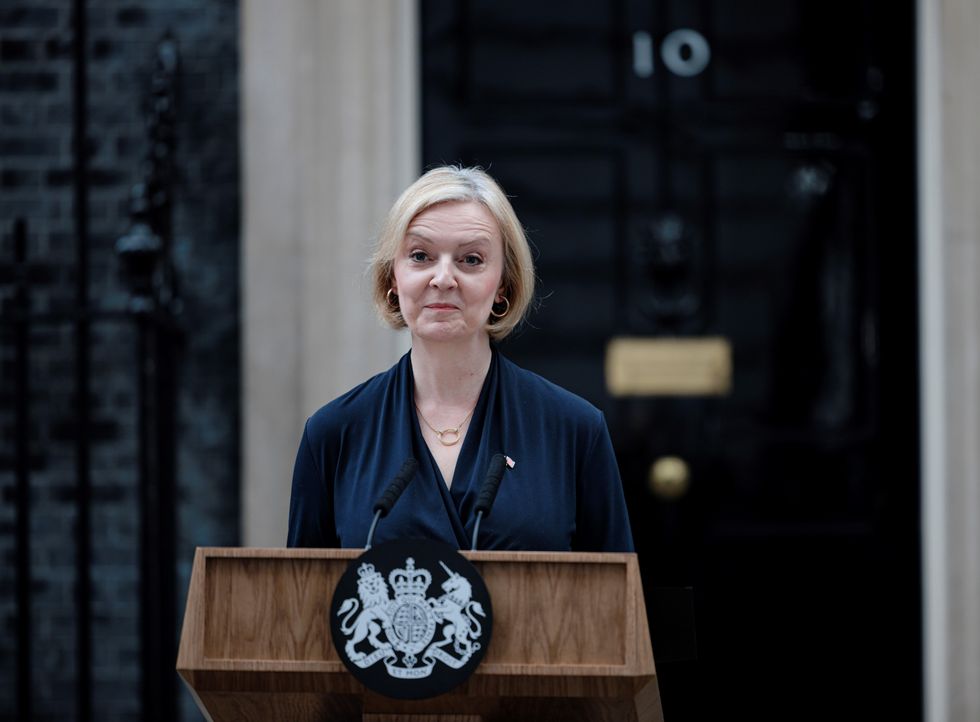
Liz Truss's resignation speech will go down in the history books, as her departure makes her the shortest-serving prime minister after leading the country for just 44 days.
Much like her time in office, Truss's resignation speech was short and brief - clocking in at just under one minute and 40 seconds.
She touched on the current "great economic and international instability," referring to rising energy bills and the ongoing war in Ukraine against Russia.
Notably, she managed to leave out any mention of the calamitous decisions that were made under her leadership such as the controversial mini-Budget in which she ended up U-turning on most of the plans that were initially laid out.
At the end of her speech, Truss said she would remain in the post until a week-long emergency Tory leadership contest (yep another one of those...) is complete to find her successor.
Boris Johnson - July 7 2022
Time in office: Two years, 348 days
Big talking point: No apology despite scandals
Stand-out quote: "But as we've seen at Westminster, the herd instinct is powerful and when the herd moves, it moves."
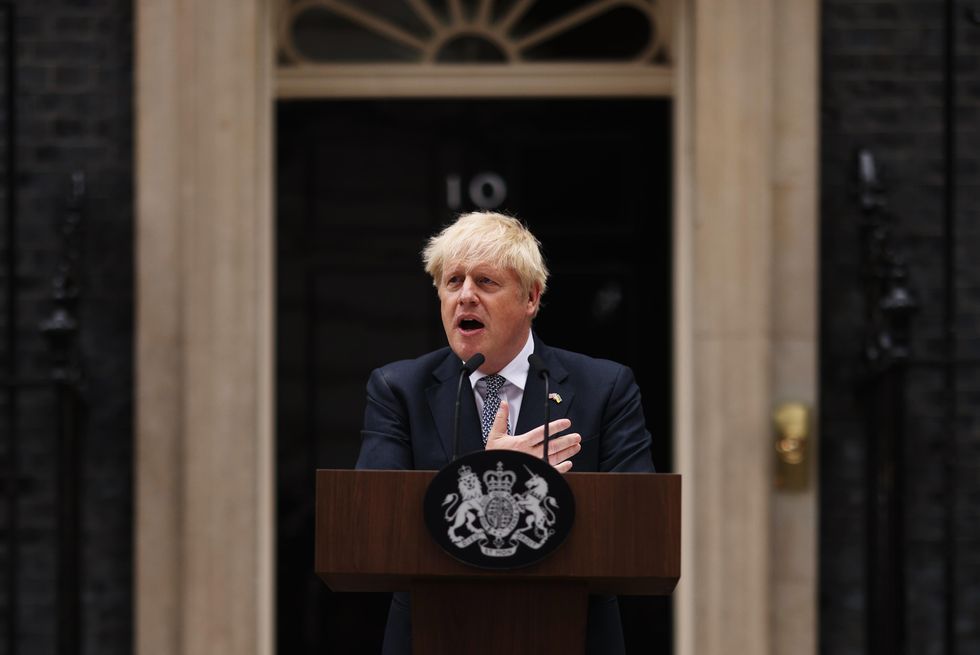
It may have been a resignation speech, but a stoic Boris Johnson didn't take the time to apologise for the string of scandals that led him here - nor did he mention the r-word at any point in the six minutes he spoke announcing his departure as prime minister.
(Though the PM and the public were duly reminded with the song "Bye, Bye Boris" aptly being played through speakers by protester Steve Bray).
One of the first things he pointed out was the "incredible mandate" he was given by the British public in the 2019 general election which secured him a landside majority of 80 seats.
Notable moments during his time in office were also referenced such as Brexit, the Covid-19 vaccine rollout and the UK's support for Ukraine against Russia.
Everyone knows that Johnson didn't want to quit and he made this abundantly clear in his speech that he was pushed out as he described how he tried (and failed) "to persuade my colleagues that it would be eccentric to change governments," due to being "only a handful of points behind in the polls."
He then blamed the "herd instinct" for forcing him out referring to the 59 MPs who pressured Johnson to quit by resigning from ministerial roles and the PM also had a warning for his colleagues: "my friends in politics no one is remotely indispensable."
"I want you to know how sad I am to be giving up the best job in the world. But them’s the breaks," he added.
Johnson closed his speech with hopefulness: "Even if things can sometimes seem dark now, our future together is golden."
Maybe it's because the speech is fresh in our minds but a lack of apology for the series of scandals, and blaming his colleagues puts Johnson last in our ranking.
And others seem to agree with one senior government source saying "That speech was a f**king disgrace."
We're just surprised he actually resigned and made it on our list, to be honest...
It is a simple and fundamental principle that the government derives its democratic legitimacy from the people. The future of the country must not be decided by plotting and U-turns at Westminster; it must be decided by the people in a general election.
And for this reason, The Independent is calling for an election to be held. Have your say and sign our election petition by clicking here
Have your say in our news democracy. Click the upvote icon at the top of the page to help raise this article through the indy100 rankings.
Top 100
The Conversation (0)
